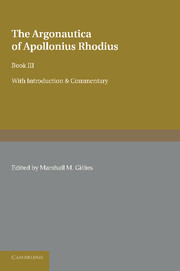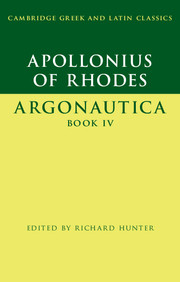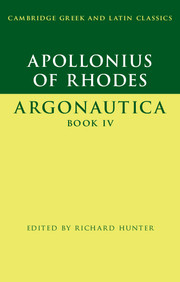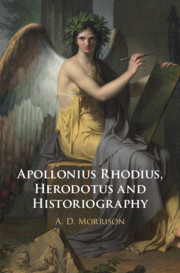The Path of the Argo
In this innovative study of Apollonius Rhodius' influential epic poem from the Hellenistic period, the author aims both to offer fresh insights into popular critical issues and consider it from new perspectives. The principal, unifying concern is the poet's measured and complex use of language and the manipulation of meaning generated therewith. The first part presents a detailed analysis of the poem's constantly shifting commentary on the voyage of the Argo as articulated throughout all four books of the poem, and the conflicting strategies according to which the epic journey of the Argonauts is presented for interpretation. The second part of the book identifies hitherto unexplored descriptive, thematic and image-related rhythms within the narrative, which serve both to bind the poem together and to generate further complexities of meaning. Accessible to non-specialists, with all Greek quotations accompanied by an English translation.
- Offers important new critical perspectives on this canonical text
- Emphasizes the manipulation of meaning produced by the poet's complex use of language
- Accessible to students and non-specialists, with all Greek translated
Reviews & endorsements
Review of the hardback: '… the only way to fully appreciate this book is reading it from cover to cover … Clare is a writer of considerable skill and finesse … the greatest merit of this book is perhaps in Clare's individual close readings of verbal and thematic links between passages, both intra- and intertextual ...I found Clare's interpretations invariably stimulating … The Path of the Argo has many things to say about many topics, and should be on the reading list of all interested in the Argonautica.' BMCR
Product details
No date availablePaperback
9780521102926
312 pages
216 × 140 × 18 mm
0.4kg
Table of Contents
- Introduction
- Part I. There and Back Again:
- 1. Epic beginnings
- 2. Outward bound
- 3. Other journeys
- 4. Homeward bound
- Part II. Order and Disorder:
- 5. Patterns of action
- 6. Orpheus and Medea
- 7. Poetics and rhetoric.






